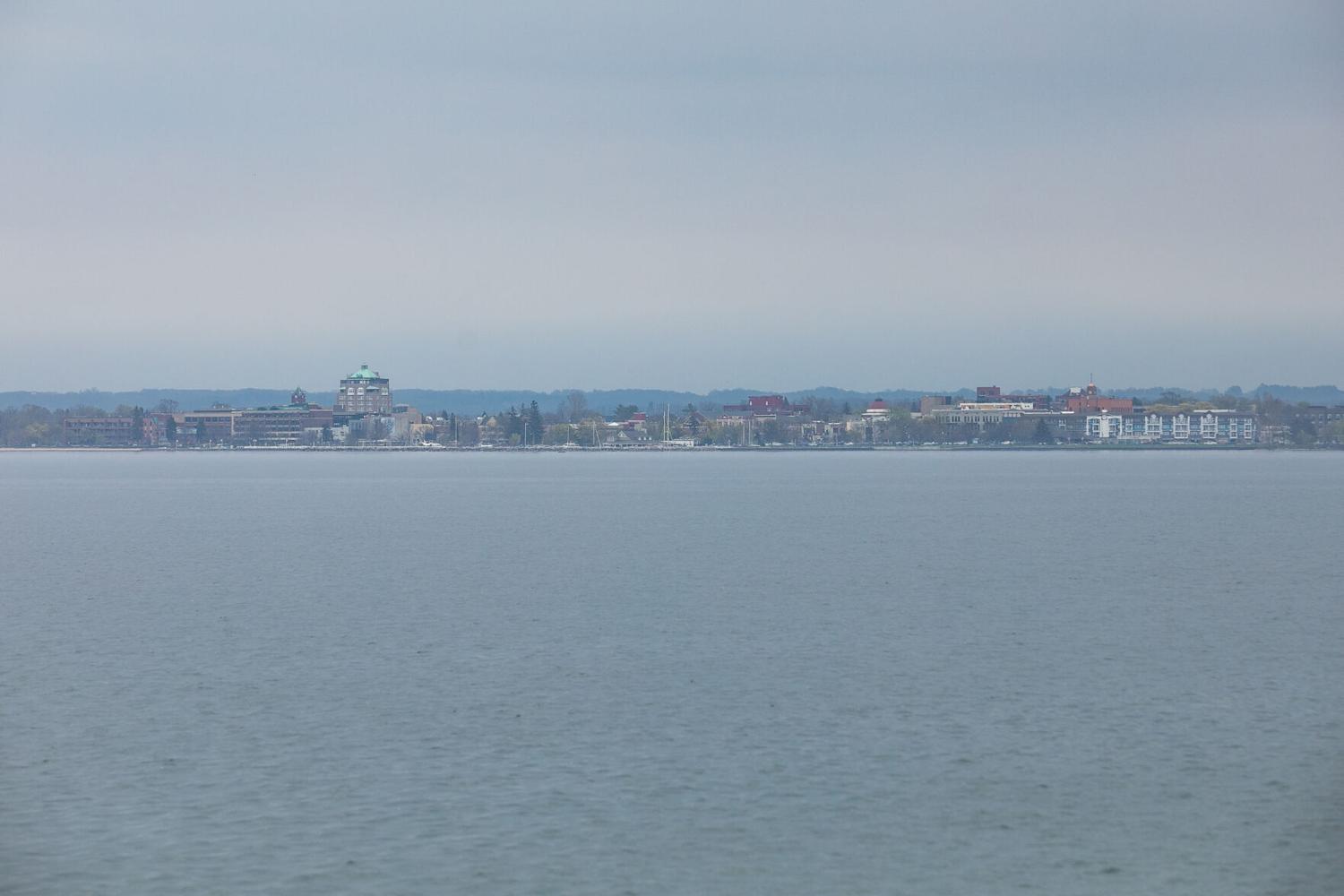
Carson
The Traverse area has seen tremendous change in recent years, which has been noticeable to all who call this area home and to the many who have visited through the years. Simply striking up a conversation on the street or perusing social media brings about a myriad of opinions as to the circumstances surrounding the change and growth. With the many varying viewpoints as to what has preceded and led to change, just as many opinions identify varying strategies and solutions that should be implemented. One common theme throughout many circles rightfully identifies local leadership as having an ability to support solutions through policies and actions.
With the growth in the most recent 10-year (decennial) census of 2020, the greater Traverse urbanized area achieved a population of 56,890 individuals. An “urbanized area” is a U.S. Census Bureau defined geographical location, which contains a density of population that meets a standardized threshold. In the case of the greater Traverse area, a threshold population of 50,000 was met, which has triggered designation of what is called a “Metropolitan Planning Organization,” or MPO. Establishment of an MPO is outlined through federal statutes, which designate the MPO and outline the structure and purpose of the organization.
Local leadership, as referenced above, is a primary conduit to identify, offer and implement solutions within our communities. Coordination amongst local leadership provides an approach that can cohesively bridge gaps supporting efforts in neighboring communities. Statutory guidelines that direct the formation of an MPO also provide the methods by which the MPO is structured. There are many purposes for an MPO, but the first and foremost are the collaborative efforts that are sustained for the planning area overseen by the MPO. Specifically, the “three Cs of planning” directly identify the overarching purpose of the MPO planning processes as being continuing, cooperative and comprehensive.
“Stronger together” is often used to speak of collaborative and supportive structures. This statement fits many partnerships and is easily carried over to the purpose of the MPO and the entities involved. The MPO formed for the greater Traverse area is called the “Traverse Transportation Coordinating Initiative (TTCI).” This collaborative entity includes supportive representation from two county road commissions, two county boards, nine townships, one city, BATA and the Michigan Department of Transportation. Appointed representatives from each of these entities are a member of the TTCI MPO Policy Board.
Once formally designated through execution by the governor on Oct. 1, the TTCI MPO will be established and working within the guidelines of federal and state statutes meeting the tasks of the processes for transportation planning in our region. These planning processes are under the direction of the MPO Policy Board and are supported by a larger group of supportive entities and staff members of the organizations that comprise a “Technical Committee.” The Technical Committee lends expertise in many areas associated with and connected to transportation.
Beyond the benefits of collaboration and planning, funding is the other highly touted benefit of an MPO. Transportation project funding is set to increase to $1 million per year for the urbanized area. This is an increase of more than $600,000 from what was previously allotted. Other funding benefits include that grant funding pools, which are only available to MPOs, can now be applied for through TTCI. These grant funding pools offer opportunities to request tens of millions to hundreds of millions of dollars for projects identified and prioritized in the TTCI transportation plans.
Formally staffed by community development department professional planners with Networks Northwest, the TTCI MPO has taken its first steps initiating transportation planning processes within the metropolitan planning area.
Community engagement activities, which were held in late July and early August, were the first opportunities to provide input for all manners of transportation including vehicular, mass transit and non-motorized. These engagement efforts will continue into the fall of 2023 and will occur regularly each year under the direction of TTCI.
The information gleaned from these efforts will help to guide the decision making processes of the MPO Policy Board. We hope that you will take the opportunity to provide your thoughts at future sessions and now with the survey, which is live at http://bit.ly/TCMPOsurvey.
Collaboration and a regional approach is a move that will support our communities and keep pace with the changing landscape and the growth that is driving that change.
Participation is a fundamental right of the population and one that will see that we are accurate with our approaches and strategies as we plan for the future.
When combined we arm ourselves with the knowledge, direction and the fortitude to implement a common community-shaped vision.

